Grieving and Growing up
According to Judishouse, 1 in 11 children will experience the loss of a parent or sibling by the time they are 18. Grief will eventually ripple its way through all of our lives, but it is especially hard to cope with during adolescence.
Four years ago, I became a part of the aforementioned statistic. My mother got sick before my very eyes. I had to watch her lay in bed for two weeks before I saw her in the ICU for the last time. What do you do when the woman who gave you life loses her own? How do you move on? The world around me had just fallen into complete disarray, and I still had to finish the eighth grade.
At this time, there was an overwhelming amount of support from the people in my community. There were resources everywhere I turned, from family, friends, teachers and even program’s like Annie’s Hope, a bereavement center for young kids. The option of Annie’s Hope was offered to me many times, though I never decided to go. I never really found group therapy to be a productive coping method for me, though Annie’s Hope is a valuable resource that solely focuses on young people who are experiencing the loss of a loved one. Although group therapy didn’t appeal to me, individual therapy helped me a lot. I spent years seeing different therapists, and it helped me harvest my grief into something more productive. It gave me an outlet to start digesting and understanding the depth of my grief. Therapy was hard for me, but it was and is quintessential to my healing. I spent a lot of time sitting in silence, trying to find the right words. It felt terrible most of the time, but in the end I am stronger because of therapy. Each person is going to find different ways of coping that work best for them, but each attempt at getting support is a step towards healing.
For months after my mom passed, everything seemed wrong. Every family outing felt like betrayal, every holiday felt meaningless. And in some ways, that never changed. I still feel a pang in my chest every time I think too hard about everything she’s missed. I was 14 when she died. I’m 18 now. A lot changes in four years. I have friends that she will never meet, I listen to songs she will never hear, I love books she will never read, I act in plays she will never see. It almost feels as if I’m a completely different person than who she knew me as, but not quite. I’ve never been a religious person, but I know that in some way, she is with me, and will be for the rest of my life.
A person can never truly disappear unless we let them. I might not be able to see my mom anymore, but that doesn’t mean she’s gone. She left a legacy behind, just as every person does when they die. Every time I perform a random act of kindness for a stranger, every time I accomplish something I worked really hard for, every time I’m feeling a moment of clarity, that is my mother speaking through me. That is her way of telling me that she still has a hand in the person that I am, and she always will.
To any young person who’s dealing with loss right now, I want it to be clear that you do not have to feel guilty for growing up. This pain never really goes away, but I urge you to work toward a future where thinking about your late loved one doesn’t just bring sadness, but reminds you of all the love and light that was brought into your life by that person. It doesn’t have to be soul crushing forever. Ask for help, be vulnerable and talk about your person for as long and as frequently as you want. Never let anyone put parameters on your grief. Feel your pain as fully and as honestly as you possibly can, and live each day in service of their memory.

Hi, Oakville. I'm Grace Foley, a senior reporter on the newspaper staff. This is my third year on staff, and I've learned so much in my time here. I adore...


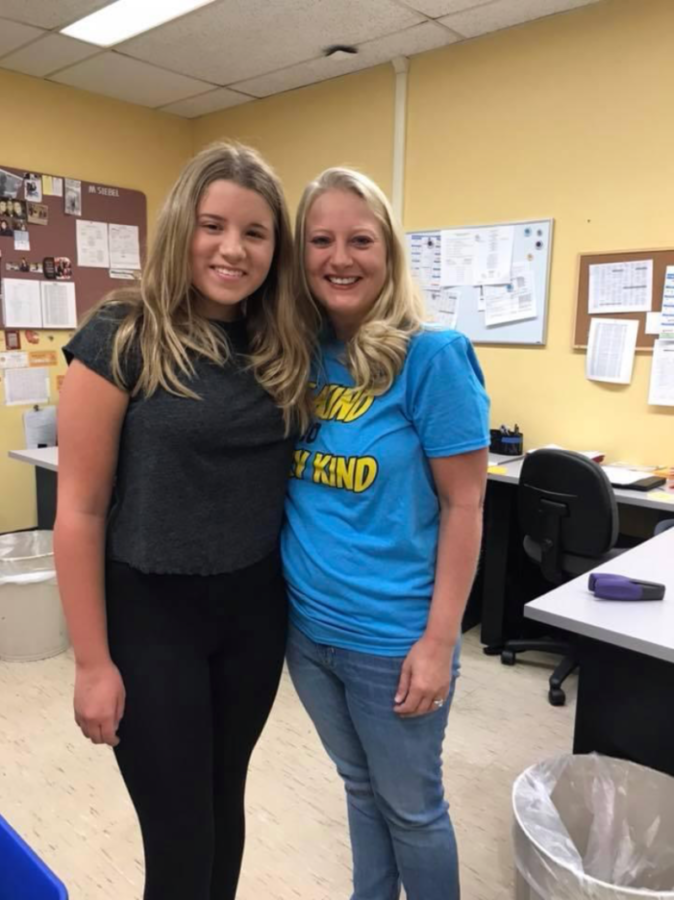

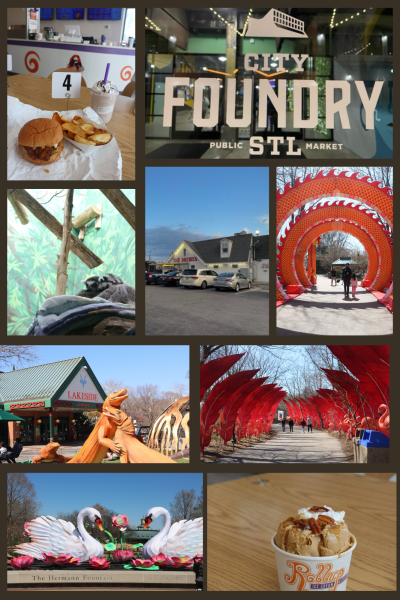
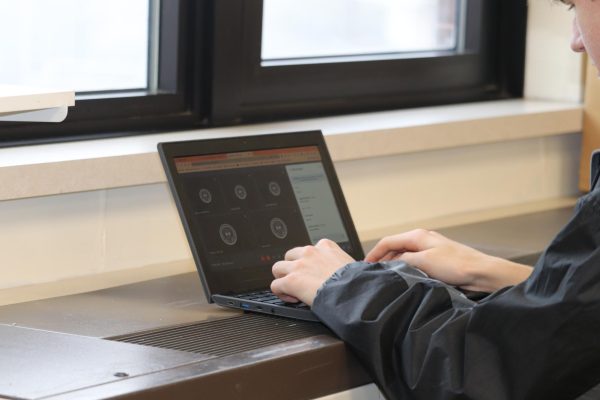
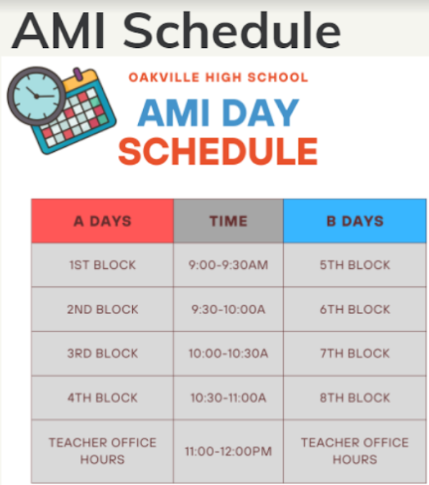
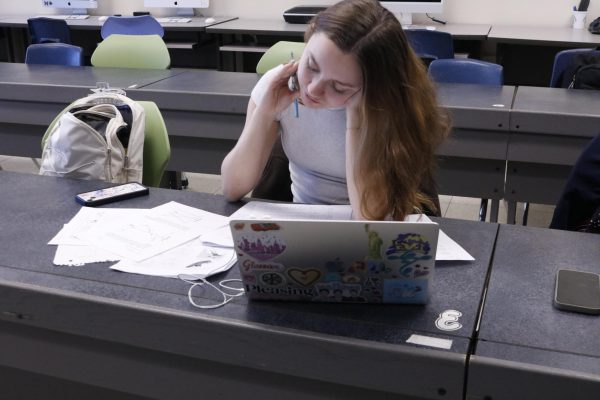

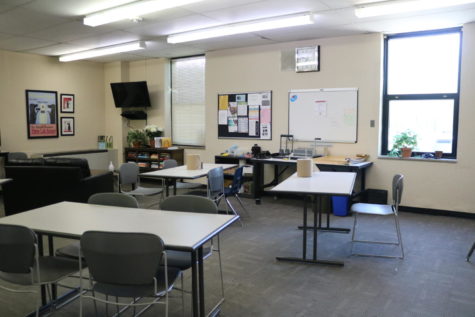



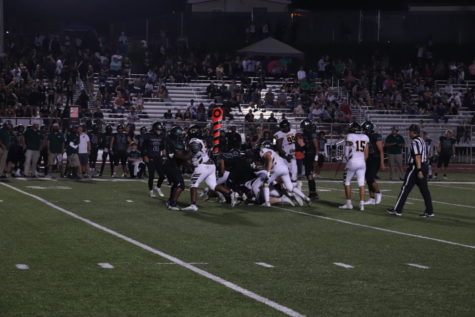
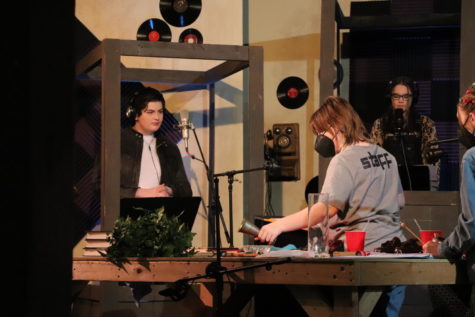
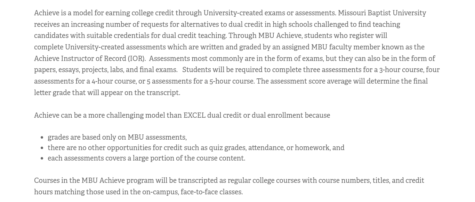
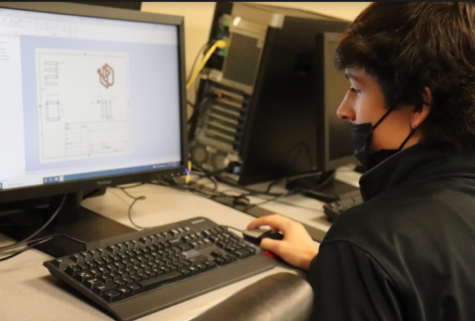
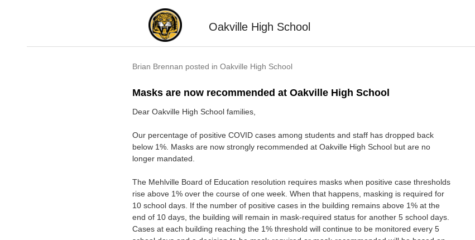
Nicole Schweiss • Mar 16, 2023 at 1:47 pm
Grace – It takes a lot of courage to be able to write so honestly about such a difficult topic. I loved your mom and this was a beautiful tribute to her.
Allison Wolfe • Mar 16, 2023 at 1:33 pm
Grace, you have a wonderful way with words just like your mom. You will help people in more ways than you can ever know, and that in and of itself is a beautiful tribute to her and how she lived!
Katie Dowd • Mar 16, 2023 at 11:27 am
This is absolutely beautiful Grace. You will continue to touch many lives, and living each day in service to others is what your mom did. I am positive that you make her so proud. Keep shining, you were blessed with many gifts, one being Grace.